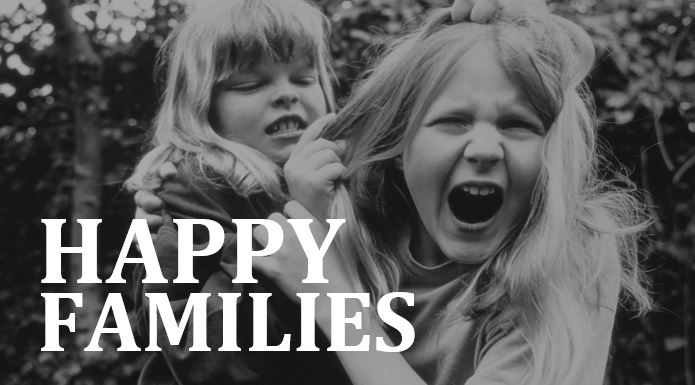
Lots of families have them: a sibling who can’t get it together, causes more than their share of family drama or constantly needs to be bailed out of trouble. Maybe it’s a step-sibling who feels slighted by Dad’s new wife, a brother who’s battled addiction or a sister with a sense of entitlement. Whatever the situation, the result is the same: the potential for conflict – both legal and emotional – when parents die without a detailed Will and estate plan.
Studies suggest that as many as 70% of parents haven’t had a serious conversation with their adult children about how their estate is to be divided when they die. When confusion is added to the grieving process, the actions of difficult adult children can cause families to fracture.
How can family lawyers best help their clients avoid family conflict after their death?
Encourage honesty
Many parents are reluctant to admit that they have a ‘difficult’ adult child. As a lawyer, combining detailed, neutral questioning with a bit of a ‘seen it all’ attitude can help parents feel more comfortable opening up about potential issues without feeling as though you’re going to judge them for having ‘failed’.
Provide a non-judgmental environment
Yes, the parents in this situation may be your clients, but you have an obligation to the beneficiaries and the Estate so avoid ‘taking sides’ when it comes to discussions about family tensions that may go back years. A lawyer who can facilitate a family meeting – and act as, or engage a non-emotional mediator to help everyone stay focused – can help the client craft a Will and estate plan that is clear, transparent and understood by everyone.
Addressing ‘blended family’ challenges
Blended families – where there are adult children from prior relationships — often have additional tensions. Of particular note is the need for detailed personal property disbursements, to avoid sister Nanette accusing step-brother Paul of taking piece of furniture that both believe rightly belongs in their biological family.
‘Fair’ doesn’t have to mean ‘equal’
A Will that says “Divide everything among my 3 children equally” isn’t so much ‘fair’ as ‘a recipe for disaster’ because it generally means having to sell the family home, business or cottage so the proceeds can be split three ways – and at least one of your kids wanted to keep the cottage in the family but didn’t have enough cash to buy the others out.
A Will that acknowledges the adult child who wants to run the family business, the one who wants the cottage, and the one who will be happy with a cheque and the family albums will do a better job at protecting family unity – and, in fact, family assets – than one which seeks to ensure that everyone gets an equal share, down to the last penny.
Insist on detailed communication
In my experience, 90% of the problems involving difficult adult children happen because one or more beneficiaries were unaware of the contents of a Will and are taken by surprise when they discover that an inheritance or disbursement isn’t what they thought it would be. In many cases, they’re not upset about the bulk of the estate – it’s that their feelings get hurt when they discover that they are not inheriting Grandma Anne’s silverware or Great Uncle Bill’s prized fishing cap.
Encourage clients to speak to their adult children about their estate, before, during and after its preparation. The client who canvassed their children’s wishes will be better prepared to give instructions. The more the kids know – about the Will, where it is, what’s in it, and who prepared it – the less likely the emotional (and legal) fallout. Moreover, it gives them time to address the issue of Great Uncle Bill’s fishing cap in advance, if they want to.
This piece originally appeared in The Lawyer’s Daily.
